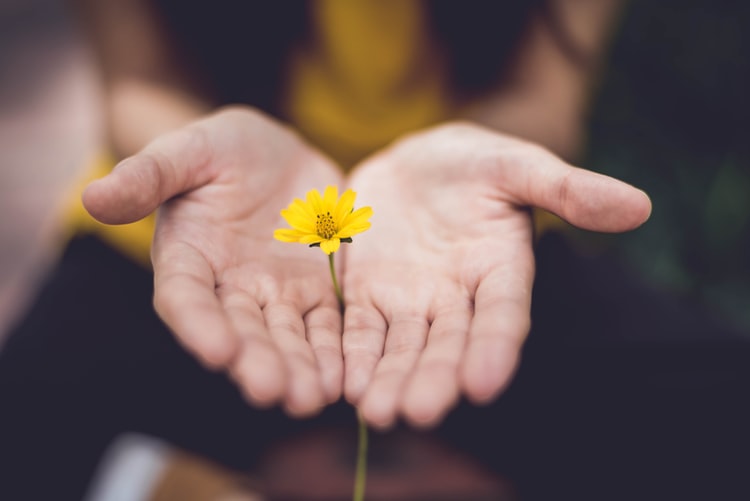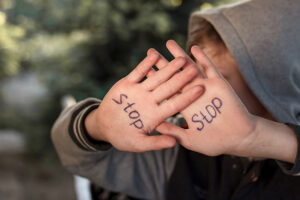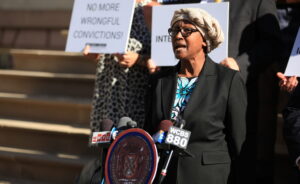
Image Credit: Lina Trochez/Unsplash
It’s easy to feel embarrassed after you’ve made a mistake or done someone wrong, especially if that person is someone you really care about. It’s natural to feel embarrassed, too; a mistake is not intentional — that’s why it’s called a “mistake.” They just happen.
In my first-ever post for Lexa’s Wellness Way, I’m reflecting on why it’s important to genuinely hold ourselves accountable for mistakes and intentional wrongdoings. My point is this: the more authentic we are in our words and actions following an apology, the more likely we’ll be able to get back in the good graces of those who have been affected (if any) by our mistakes. If the person we hurt can’t forgive us, then we will at least have the skillset to do right by others in the future.
When someone makes a mistake, it’s possible that a person might be unaware of the mistake they made. This happens all the time. For example, if a barista makes the wrong coffee order, an unhappy customer might berate the barista for their poor listening skills. Or, if a family friend slips out a curse word in front of a child, the parent might scold their friend for their poor choice in words.
The point here is that once someone is aware of their mistake, it is crucial for them to recognize exactly why they should apologize. The key ingredient is empathy. Empathy requires us to ‘step into the shoes’ of someone else’s perspective and truly listen to their take on the situation.
We can learn how to think through situations more thoroughly to minimize our mistakes. But when mistakes occur, we might empathetically see how our mistakes negatively impact others. For example, did you forget to change out the coffee filter at work? Did you accidentally ‘reply all’ to an email sent to hundreds of people? (No joke, I did this once.) Once we make a mistake, empathy helps us to see the consequences of our actions on others.
If we have wronged someone on purpose, there’s an extra step we need to take in holding ourselves accountable— a change of heart. In addition to practicing empathy, we can emotionally and mentally bridge the connection between our logic and that of the person we wronged.
Jealousy, anger, lust, and greed sometimes get in the way of doing the right thing. We are humans, after all. Regardless of our motivations, it is crucial for us to set them aside and truly understand how our actions have negatively impacted others, along with the respective consequences.
When we continuously practice empathy and experience a change of heart from our mistakes, it’ll be much easier to understand how we can change our behaviors or attitudes. This change will help each of us be a better person, and in time, can even repair our damaged relationships.
Image Credit: Lina Trochez/Unsplash
Lead developer and editor; legal/political reporter for the Current Affairs Times. World traveler. Mac 'n' cheese lover.






